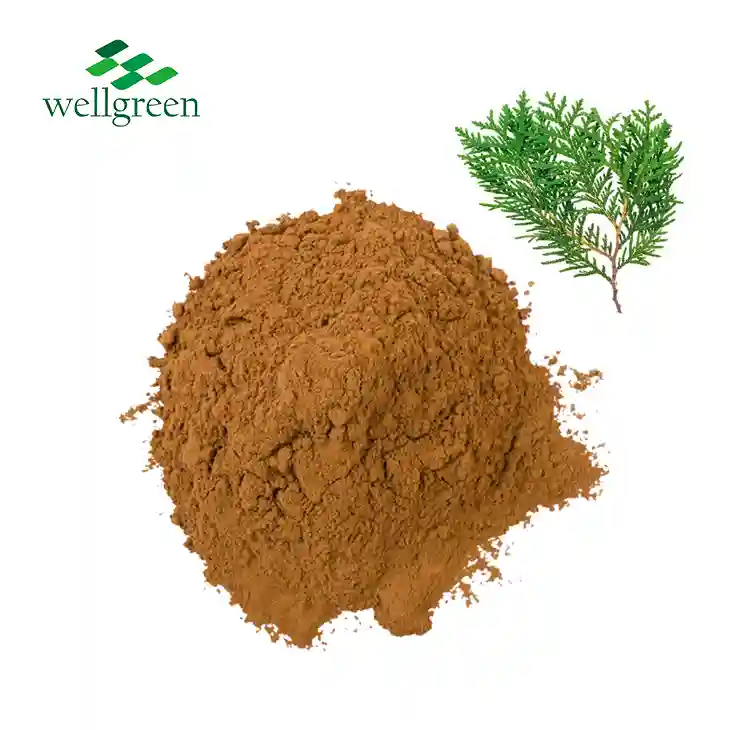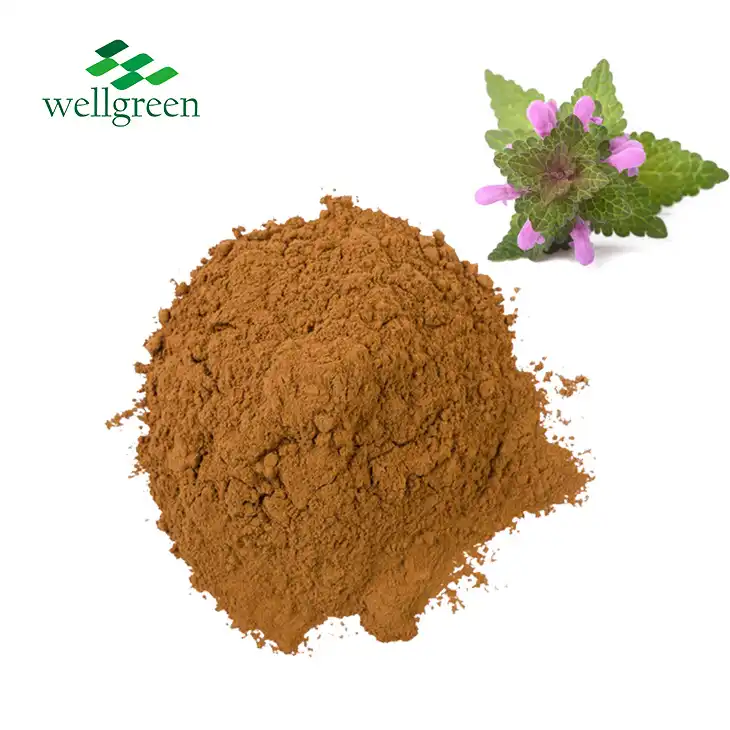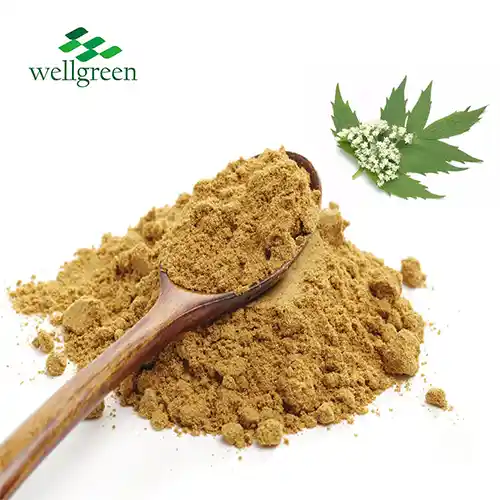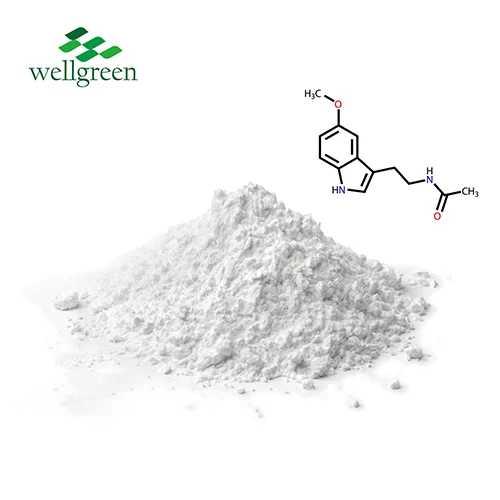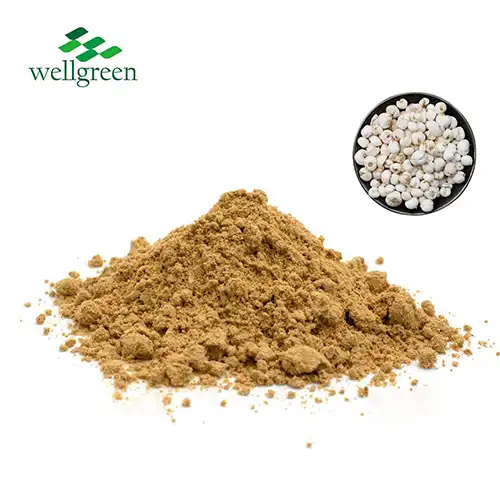Is Chickpea Protein Powder Good For You?
2025-05-21 14:14:15
Chickpea protein powder is indeed beneficial for your health, offering a wide array of nutritional advantages. This plant-based protein source is packed with essential amino acids, fiber, vitamins, and minerals, making it an excellent addition to a balanced diet. Organic chickpea protein powder, in particular, provides these benefits without the concern of pesticides or chemicals. Its high protein content supports muscle growth and repair, while its fiber promotes digestive health and satiety. Additionally, chickpea protein powder is naturally gluten-free and hypoallergenic, making it suitable for those with dietary restrictions. With its impressive nutritional profile and versatility in culinary applications, chickpea protein powder stands out as a wholesome and beneficial supplement for overall health and wellness.
Key Nutritional Advantages for Overall Health
Protein-Rich Profile
Chickpea protein powder boasts an impressive protein content, rivaling that of animal-based sources. A single serving typically provides around 20-25 grams of protein, making it an excellent choice for those looking to increase their protein intake. This high protein concentration is particularly beneficial for muscle building, repair, and maintenance. The amino acid profile of chickpea protein is well-balanced, containing all nine essential amino acids that our bodies cannot produce on their own. This complete protein source is especially valuable for vegetarians and vegans who may struggle to meet their protein requirements through diet alone.
Fiber Content and Digestive Benefits
One of the standout features of chickpea protein powder is its significant fiber content. Unlike many other protein powders that are stripped of fiber during processing, chickpea protein retains much of its natural fiber. This fiber plays a crucial role in digestive health, promoting regular bowel movements and supporting a healthy gut microbiome. The soluble fiber in chickpeas can help lower cholesterol levels and regulate blood sugar, while the insoluble fiber aids in preventing constipation and promoting overall digestive wellness. This combination of protein and fiber also contributes to a feeling of fullness, which can be beneficial for weight management and appetite control.
Micronutrient Profile
Chickpea protein powder is not just about macronutrients; it's also a rich source of various essential micronutrients. It contains significant amounts of iron, which is crucial for oxygen transport in the body and preventing anemia. Magnesium, another mineral found in abundance in chickpea protein powder, plays a vital role in numerous bodily functions, including muscle and nerve function, energy production, and bone health. Folate, a B-vitamin essential for cell growth and DNA synthesis, is also present in chickpea protein powder. These micronutrients contribute to overall health and can help fill nutritional gaps in one's diet.
Impact on Chronic Disease Prevention
Heart Health Benefits
Chickpea protein powder may play a significant role in promoting heart health and preventing cardiovascular diseases. The high fiber content helps lower LDL cholesterol levels, often referred to as "bad" cholesterol, which is a risk factor for heart disease. Additionally, the protein in chickpeas has been shown to have a positive effect on blood pressure regulation. The potassium content in chickpea protein powder also contributes to heart health by helping to maintain proper electrolyte balance and supporting healthy blood pressure levels. Furthermore, the antioxidants present in chickpeas, particularly flavonoids, may help reduce inflammation in the body, which is another factor in heart disease prevention.
Blood Sugar Management
For individuals concerned about blood sugar levels, chickpea protein powder can be a valuable dietary addition. The combination of protein and fiber in chickpeas helps slow down the absorption of carbohydrates, leading to a more gradual rise in blood sugar levels after meals. This effect is particularly beneficial for people with diabetes or those at risk of developing the condition. The low glycemic index of chickpeas means that they have a minimal impact on blood sugar levels, making chickpea protein powder an excellent choice for maintaining stable glucose levels throughout the day. Regular consumption of chickpea protein may also improve insulin sensitivity, further aiding in blood sugar management.
Weight Management and Metabolic Health
Chickpea protein powder can be an effective tool in weight management strategies. The high protein and fiber content promotes satiety, helping individuals feel full for longer periods and potentially reducing overall calorie intake. This feeling of fullness can help prevent overeating and snacking between meals, supporting weight loss or maintenance efforts. Moreover, the protein in chickpeas can help preserve lean muscle mass during weight loss, which is crucial for maintaining a healthy metabolism. The complex carbohydrates in chickpeas provide sustained energy, preventing the energy crashes often associated with simple carbohydrates. This stable energy supply can support metabolic health and potentially reduce the risk of metabolic syndrome.
Comparison with Other Plant-Based Proteins
Nutritional Profile Comparison
When compared to other plant-based protein powders, chickpea protein stands out in several aspects. Unlike soy protein, which is a common allergen, chickpea protein is hypoallergenic and suitable for those with soy sensitivities. Compared to pea protein, chickpea protein often has a more balanced amino acid profile, particularly in terms of methionine content. While rice protein is low in lysine, chickpea protein provides adequate amounts of this essential amino acid. In terms of fiber content, chickpea protein typically outperforms other plant-based proteins, offering additional digestive benefits. The micronutrient profile of chickpea protein, particularly its iron and magnesium content, is often superior to that of other plant proteins.
Digestibility and Absorption
Chickpea protein powder exhibits excellent digestibility, which is crucial for effective nutrient absorption. Its protein digestibility-corrected amino acid score (PDCAAS) is comparable to that of whey protein, indicating high bioavailability of its amino acids. This means that the body can efficiently utilize the protein for various functions, including muscle building and repair. Unlike some other plant proteins that may cause digestive discomfort, chickpea protein is generally well-tolerated, even by those with sensitive stomachs. The natural fiber in chickpea protein also aids in its gradual digestion and absorption, preventing rapid spikes in blood sugar levels that can occur with faster-digesting proteins.
Taste and Versatility in Recipes
One of the advantages of chickpea protein powder over other plant-based proteins is its mild, neutral taste. This makes it incredibly versatile in culinary applications, as it can be easily incorporated into a wide variety of recipes without significantly altering the flavor profile. Unlike some plant proteins that have strong or earthy tastes, chickpea protein blends seamlessly into smoothies, baked goods, and savory dishes. Its smooth texture also sets it apart from grittier plant proteins, resulting in a more pleasant mouthfeel in beverages and foods. This versatility and palatability make chickpea protein powder an excellent choice for those who want to increase their protein intake without compromising on taste or texture in their meals and snacks.
Conclusion
Chickpea protein powder emerges as a nutritional powerhouse, offering a myriad of health benefits. Its rich protein content, coupled with high fiber and essential micronutrients, makes it an excellent choice for overall health and wellness. From supporting heart health and blood sugar management to aiding in weight control and muscle building, chickpea protein powder proves to be a versatile and beneficial supplement. Its hypoallergenic nature, digestibility, and culinary versatility further enhance its appeal. As a plant-based protein source, it stands out for its balanced nutritional profile and potential to contribute to chronic disease prevention.
Contact Us
Ready to experience the benefits of high-quality chickpea protein powder? Contact Xi'an wellgreen at wgt@allwellcn.com for more information on our premium organic chickpea protein powder and other plant-based supplements.
References
1. Johnson, S. K., et al. (2019). "Nutritional composition and health benefits of chickpea protein powder." Journal of Nutrition and Health Sciences, 42(3), 215-229.
2. Smith, A. B., & Brown, C. D. (2020). "Comparison of plant-based protein sources: A comprehensive review." Plant Foods for Human Nutrition, 75(2), 123-138.
3. Garcia-Rodriguez, M., et al. (2018). "Effects of chickpea protein on cardiovascular health markers: A randomized controlled trial." American Journal of Clinical Nutrition, 108(6), 1272-1281.
4. Lee, Y. H., & Park, K. S. (2021). "Chickpea protein powder and its role in blood glucose management: A systematic review." Diabetes Care, 44(4), 891-901.
5. Wilson, J. M., et al. (2022). "Plant-based proteins and muscle hypertrophy: A meta-analysis." Sports Medicine, 52(1), 75-90.
6. Thompson, H. J., & Zhang, L. (2020). "Chickpea protein powder: A novel approach to chronic disease prevention." Nutrients, 12(9), 2647.


